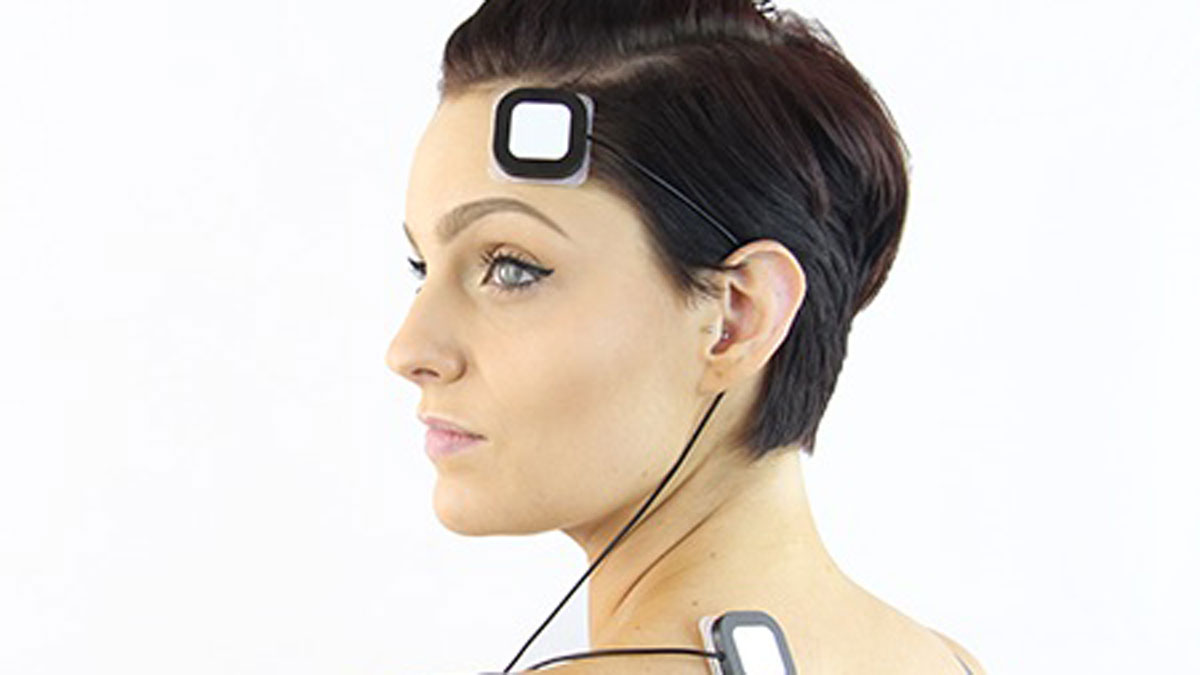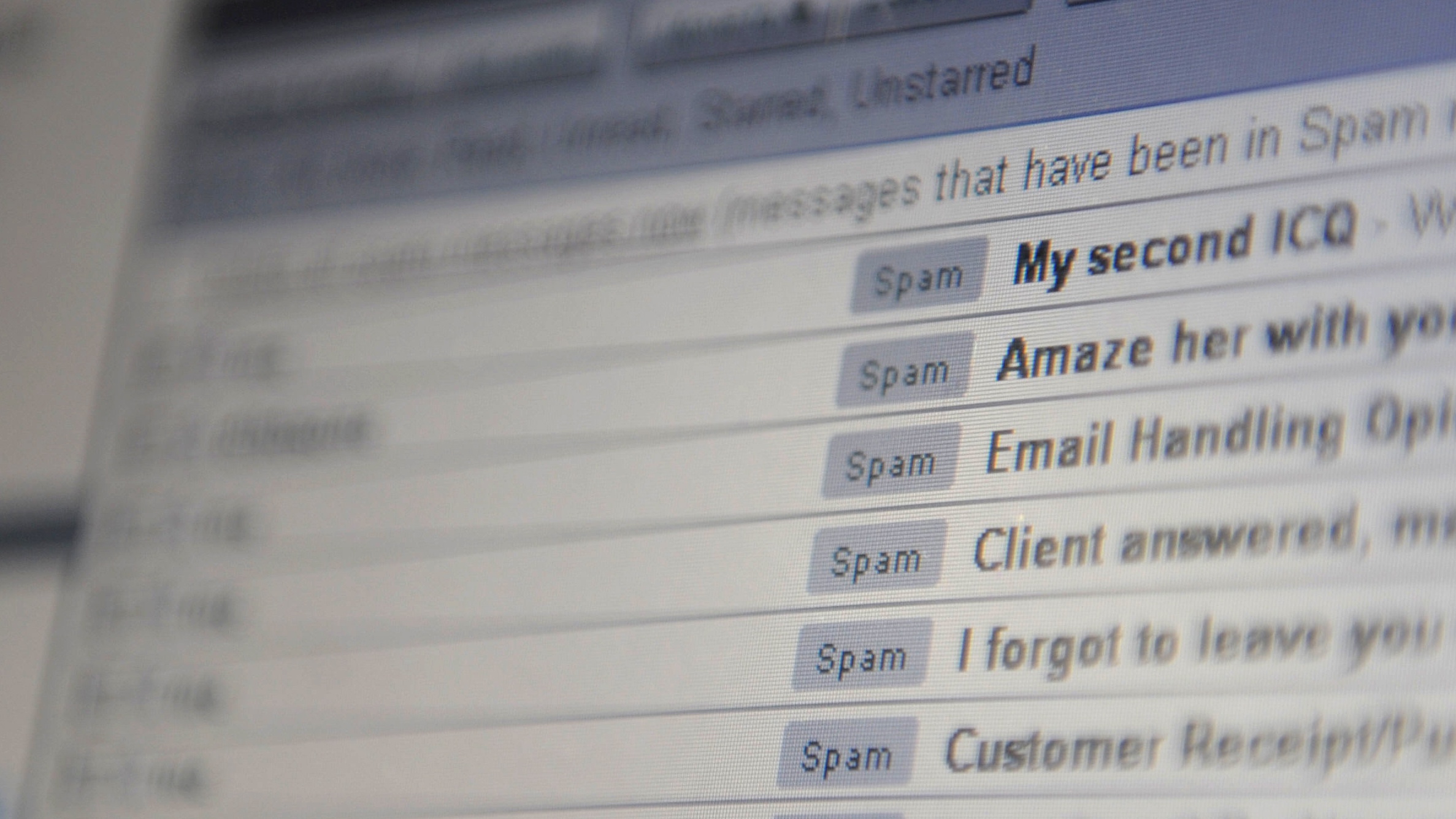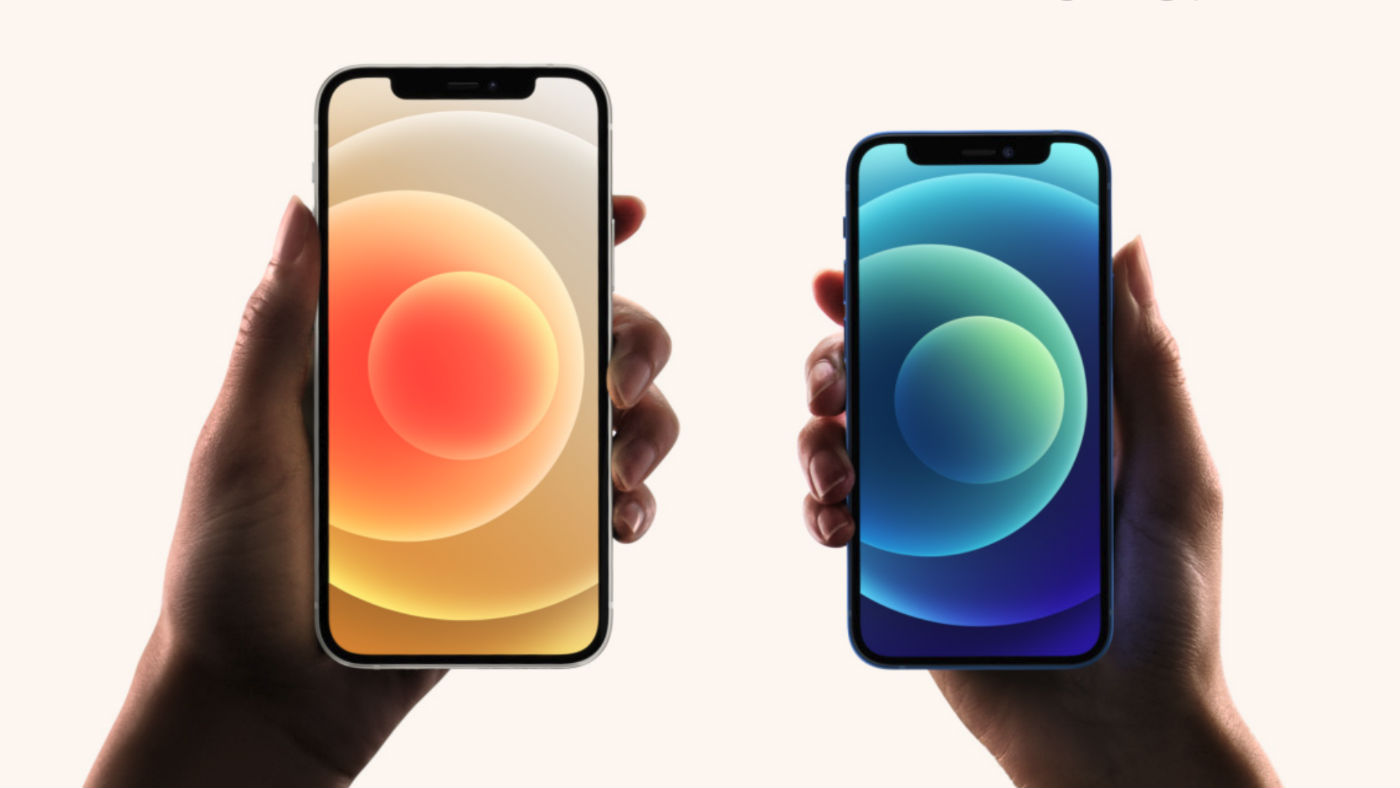Brain hacking: what is deep brain stimulation and why is it on the rise?
'Deep brain stimulation' uses electrodes and lasers to stimulate the brain, but experts warn headsets may not be safe

A free daily email with the biggest news stories of the day – and the best features from TheWeek.com
You are now subscribed
Your newsletter sign-up was successful
A "growing subculture" in the UK is using home-made and off the shelf devices to change their brains to relax, feel perkier, learn languages and prepare for exams, according to Sky news.
The broadcaster sent its technology correspondent, Tom Cheshire, to try out transcranial direct current stimulation (tDCS), an experimental treatment that is reportedly "on the rise" in Britain and around the world.Cheshire reported that after having a dose of "2.5 milliamps straight to the cranium" he felt "noticeably perkier and much more talkative".
So how does the treatment work?
The Week
Escape your echo chamber. Get the facts behind the news, plus analysis from multiple perspectives.

Sign up for The Week's Free Newsletters
From our morning news briefing to a weekly Good News Newsletter, get the best of The Week delivered directly to your inbox.
From our morning news briefing to a weekly Good News Newsletter, get the best of The Week delivered directly to your inbox.
The treatment uses electrodes and lasers strapped to the head or inserted up the nose to stimulate regions of the brain. Also known as "Deep brain stimulation", tDCS has been used in the past to treat chronic pain, depression and even stroke, says Medical Daily. According to the publication, tDCS attempts to stimulate the brain to take advantage of "neuroplasticity or the brain’s natural ability to learn new things and adapt accordingly".
Camilla Nord, a neuroscientist at University College London, is examining how tDCS might be able to be used to treat depression, but the full effects of tDCS remain unknown.
"Like many manipulations you can do to the brain, of course it shows effects in a small subset of areas," Nord says.
"But we're not quite at the point where we can pinpoint what it does and doesn't improve. My personal belief is that it does do something, but that we haven't exactly figured out which circumstances it does it under."
A free daily email with the biggest news stories of the day – and the best features from TheWeek.com
Some enthusiasts are using machines that they have made themselves to try to modify their brains, but readymade tDCS devices are "becoming more popular", Sky reports. Foc.us and Thync are two headsets that are currently on sale but Nord advises against trying tDCS without proper medical supervision.
"There are elements of it that make it a relatively safe technology," she says, "but playing with electricity at home is never the safest endeavour."
-
 The Olympic timekeepers keeping the Games on track
The Olympic timekeepers keeping the Games on trackUnder the Radar Swiss watchmaking giant Omega has been at the finish line of every Olympic Games for nearly 100 years
-
 Will increasing tensions with Iran boil over into war?
Will increasing tensions with Iran boil over into war?Today’s Big Question President Donald Trump has recently been threatening the country
-
 Corruption: The spy sheikh and the president
Corruption: The spy sheikh and the presidentFeature Trump is at the center of another scandal
-
 How cybercriminals are hacking into the heart of the US economy
How cybercriminals are hacking into the heart of the US economySpeed Read Ransomware attacks have become a global epidemic, with more than $18.6bn paid in ransoms in 2020
-
 Language-learning apps speak the right lingo for UK subscribers
Language-learning apps speak the right lingo for UK subscribersSpeed Read Locked-down Brits turn to online lessons as a new hobby and way to upskill
-
 Brexit-hobbled Britain ‘still tech powerhouse of Europe’
Brexit-hobbled Britain ‘still tech powerhouse of Europe’Speed Read New research shows that UK start-ups have won more funding than France and Germany combined over past year
-
 Playing Cupid during Covid: Tinder reveals Britain’s top chat-up lines of the year
Playing Cupid during Covid: Tinder reveals Britain’s top chat-up lines of the yearSpeed Read Prince Harry, Meghan Markle and Dominic Cummings among most talked-about celebs on the dating app
-
 Brits sending one less email a day would cut carbon emissions by 16,000 tonnes
Brits sending one less email a day would cut carbon emissions by 16,000 tonnesSpeed Read UK research suggests unnecessary online chatter increases climate change
-
 Reach for the Moon: Nokia and Nasa to build 4G lunar network
Reach for the Moon: Nokia and Nasa to build 4G lunar networkSpeed Read Deal is part of the US space agency’s plan to establish human settlements on the lunar surface
-
 iPhone 12 launch: what we learned from the Apple ‘Hi, Speed’ event
iPhone 12 launch: what we learned from the Apple ‘Hi, Speed’ eventSpeed Read Tech giant unveils new 5G smartphone line-up
-
 Russian agency behind US election meddling ‘created fake left-wing news site’
Russian agency behind US election meddling ‘created fake left-wing news site’Speed Read Facebook says real reporters were hired by fake editors to write about US corruption